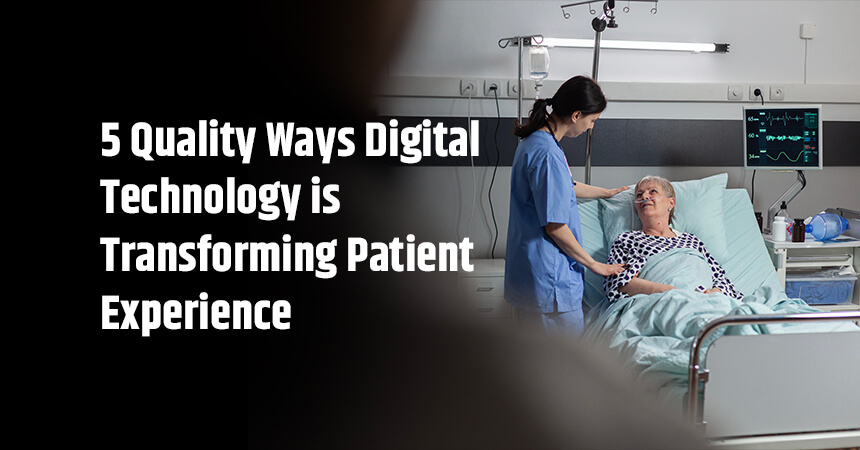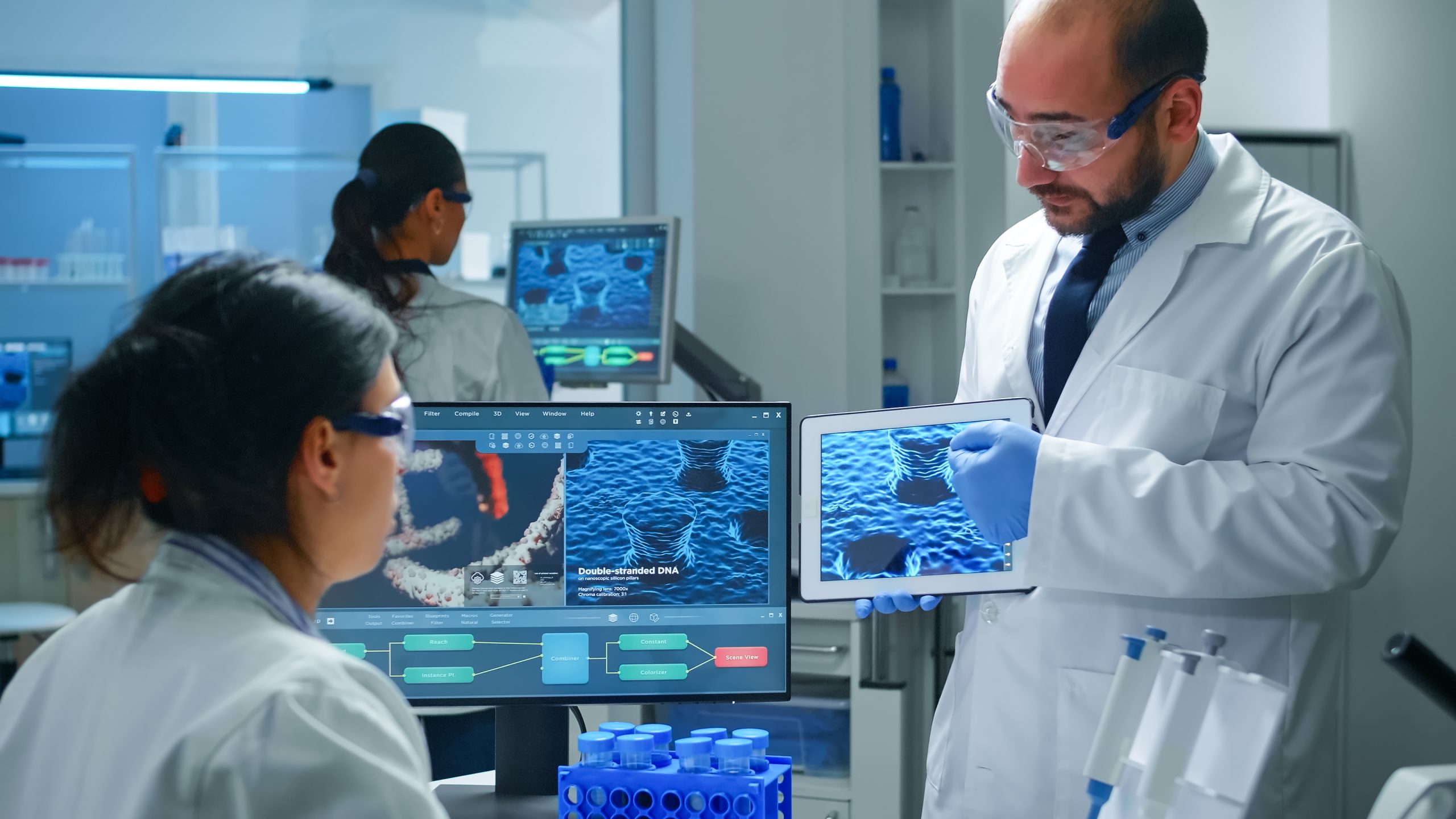The healthcare sector is growing effective due to medical improvement and headway in technology. Increasing demand and a maturing population are leading to substantial revisions.
Enhancing patient experience, along with engagement, has become eminent. Hospitals build a more tangible impact by giving personalized and comfortable services. They warrant a feel-good environment and bring peace to all the stakeholders.

The improvement in technology and opposition in the market highlights the value of customer experience. Implementing this concept to healthcare, a service provider leads forth the importance of patient experience. Especially after the Covid-19 pandemic, transformative engagement has become indispensable. Hospitals and clinics streamlined their communications to enhance the patient experience.
While other industries concentrated more on customer experience to hold distinctive in the market, the healthcare industry focused on better health results, diagnostics, and operational measures. But after the pandemic, there has been a remarkable transformation in producing superior patient care experience. The paradigmatic change concentrates on patients’ interests, expectations, opinions, and security.
Let us see how healthcare has evolved with the emergence of digital technologies:

Excellent Patient Experience
Today’s customer is used to having data at their fingertips. The rise of small clinics explains that customers have grown restless with long wait times. Telehealth works as a model for care that increases access to treatment by decreasing wait times. Integrate smartphones at every point of care, from physicians to ordering symptomatic testing straight from the doctor’s device.

Enhancing Operational Efficiency
Machine learning algorithms help hospitals and medical systems with supply chain and inventory control. Technology has added increased automation to revenue cycle control, which can help with everything from former due A/R to refund processing.

Patient Well-Being
Remote monitoring designs are already revolutionizing how doctors handle chronic diseases. Digital sensors will become a regular part of managing patients in the future. When united with virtual visits to teach patients plans, they can use at home to enhance their outcomes. These tools are handy at assisting doctors in handling these complicated problems.

Improved Talent Sourcing
With healthcare suffering labor deficits soon, technology can be enabled to hire, teach, and improve staff. It will help healthcare providers think outside the box to unearth more applicants quicker. With baby boomers running into their succeeding years, more doctors, therapists, and home healthcare staff will be in demand in the next decade. With forecasts pointing, there will not be sufficient people to answer to healthcare demands.

Delivering Care
Digital technologies are already being applied for telehealth to redefine the patient experience. Developing technologies will help eradicate the silos of incidental care by building new ways to organize treatment. In the future, there will be unique ways to observe patients regularly and to blend the data to chart the flight paths of specific patients and operational systems.





Submit a Comment